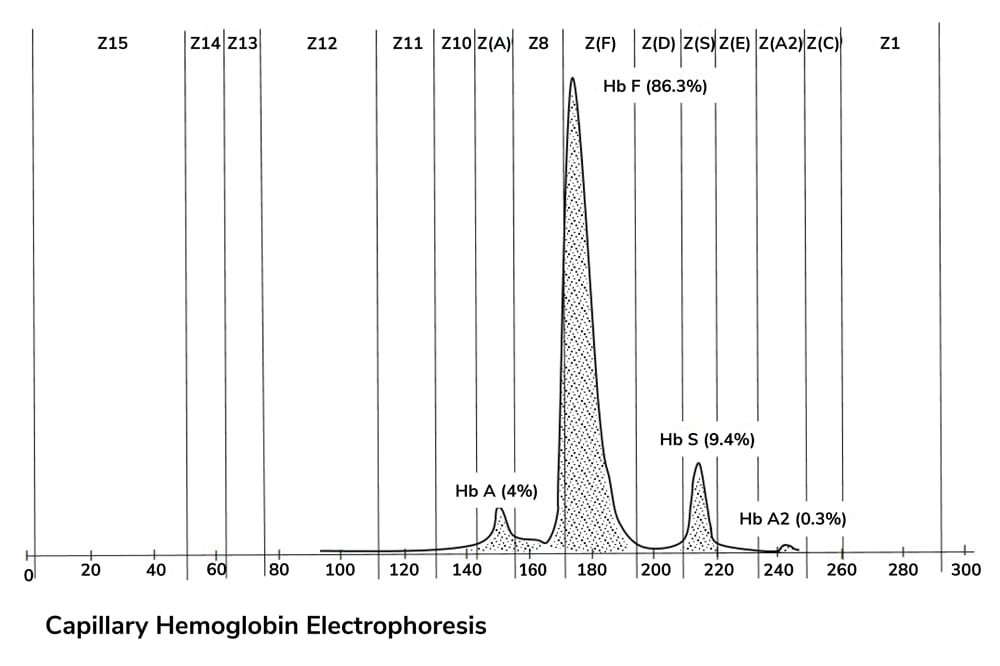Sleeping like a baby is not just key to maintaining productivity, concentration, and creativity; sleep duration can also affect susceptibility to a number of diseases, especially in children. But how can we measure sleep quality? New research has found a link between microRNA levels and sleep duration in children (1). “The expression levels of circulating miR-26b-3p and miR-485-5p are different between self-reported ‘short sleepers’ (children averaging less than nine hours) and ‘normal sleepers’ (children averaging more than nine hours)” says Fabio Lauria, co-author of the study.
“The notion that some circulating miRNAs display diurnal rhythmicity in healthy humans is a relatively novel finding (2) – and this study shows that sleep duration is reflected by the profile of specific circulating miRNAs in children and adolescents,” Lauria explains. With further research, this could pave the way for a simple blood test to assess sleep quality and, in turn, general health in children.
References
- G Iacomino et al., Exp Physiol, 105, 347 (2020). PMID: 31916337.
- NH Heegaard et al., PLoS One, 11 (2016). PMID: 27494182.




